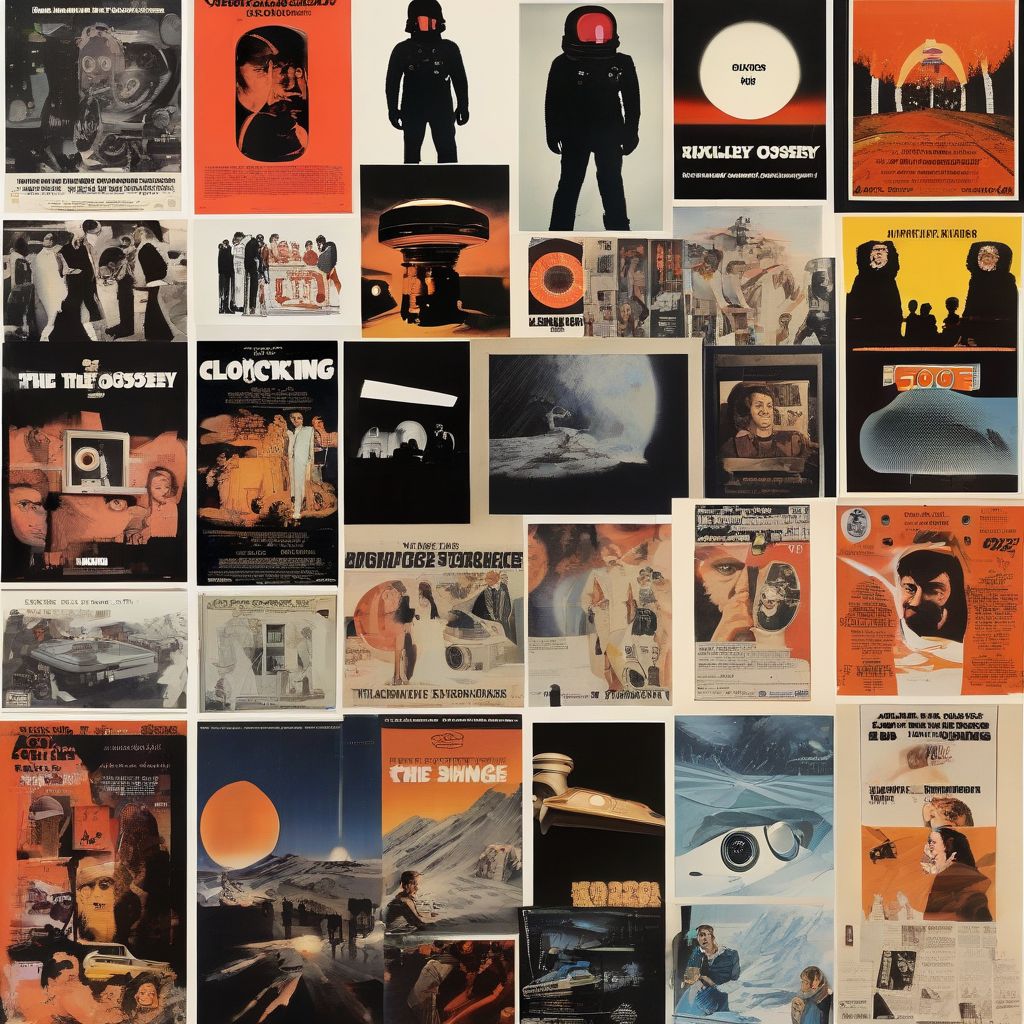Have you ever watched a film and felt deeply moved, even disturbed, by its themes and imagery, only to learn later that it was made in a completely different time and place? That’s the power of cultural and historical context. Just like a sculptor molds clay, a director’s artistic vision is undeniably shaped by the world they inhabit, consciously or unconsciously weaving elements of their own time and culture into their films.
A Director’s Lens: More Than Just Entertainment
Films are more than mere entertainment; they are reflections of the human experience, snapshots of a particular time and place. To truly understand a director’s work, we must delve into the context in which it was created. This involves investigating the prevailing social, political, and economic climates of the era, as well as the specific cultural nuances that might influence the narrative.
The Weight of History
History often plays a pivotal role in shaping a film’s message. Take, for example, the films of Akira Kurosawa, a renowned Japanese director. His masterpieces like “Seven Samurai” (1954) and “Rashomon” (1950) are steeped in Japan’s feudal history, reflecting the social hierarchy, samurai code of honor, and the aftermath of war that permeated Japanese society at the time.
Culture: The Silent Storyteller
Cultural context, often subtle and unspoken, adds layers of meaning and resonance to a film. For instance, the vibrant colors, music, and religious iconography in Bollywood films are not merely aesthetic choices; they are ingrained in Indian culture and contribute significantly to the emotional impact of the storytelling.
Unmasking the Layers: Analyzing Films in Context
When analyzing a film through the lens of its cultural and historical context, several key questions come into play:
- What social or political events were taking place during the film’s production, and how might they be reflected in the narrative?
- What cultural norms, beliefs, and values are evident in the film?
- How do the characters represent the societal structures and power dynamics of their time?
By exploring these questions, we gain a deeper appreciation for the director’s artistic choices and the film’s underlying message.
Case Study: The Films of Stanley Kubrick
A compelling example of a director deeply influenced by his context is Stanley Kubrick. His films, spanning various genres, often grapple with the anxieties and uncertainties of 20th-century America. “Dr. Strangelove or: How I Learned to Stop Worrying and Love the Bomb” (1964) satirizes the Cold War paranoia, while “A Clockwork Orange” (1971) explores themes of youth violence and social decay amidst the cultural upheaval of the 1960s.
 Stanley Kubrick Films
Stanley Kubrick Films
Beyond Borders: Cultural Context in a Globalized World
In today’s interconnected world, films transcend geographical boundaries, offering audiences glimpses into diverse cultures. Understanding the cultural context of foreign films enhances our appreciation for different perspectives and broadens our understanding of the world.
Bridging Cultures Through Film
Films like “Parasite” (2019) by Bong Joon-ho, which tackles social inequality in South Korea, or “Roma” (2018) by Alfonso Cuarón, a love letter to his childhood in Mexico, demonstrate the power of film to bridge cultural divides and foster empathy.
Conclusion: Seeing Films With New Eyes
By considering the impact of cultural and historical context on a director’s films, we unlock deeper levels of meaning and engage in a richer cinematic experience. We learn to appreciate films not just as entertainment, but as cultural artifacts, time capsules that capture the essence of a particular era and offer insights into the human condition across time and space.
So, the next time you watch a film, take a moment to consider the world beyond the screen. You might be surprised by the hidden depths you uncover.
[amazon bestseller=”Film History”]
